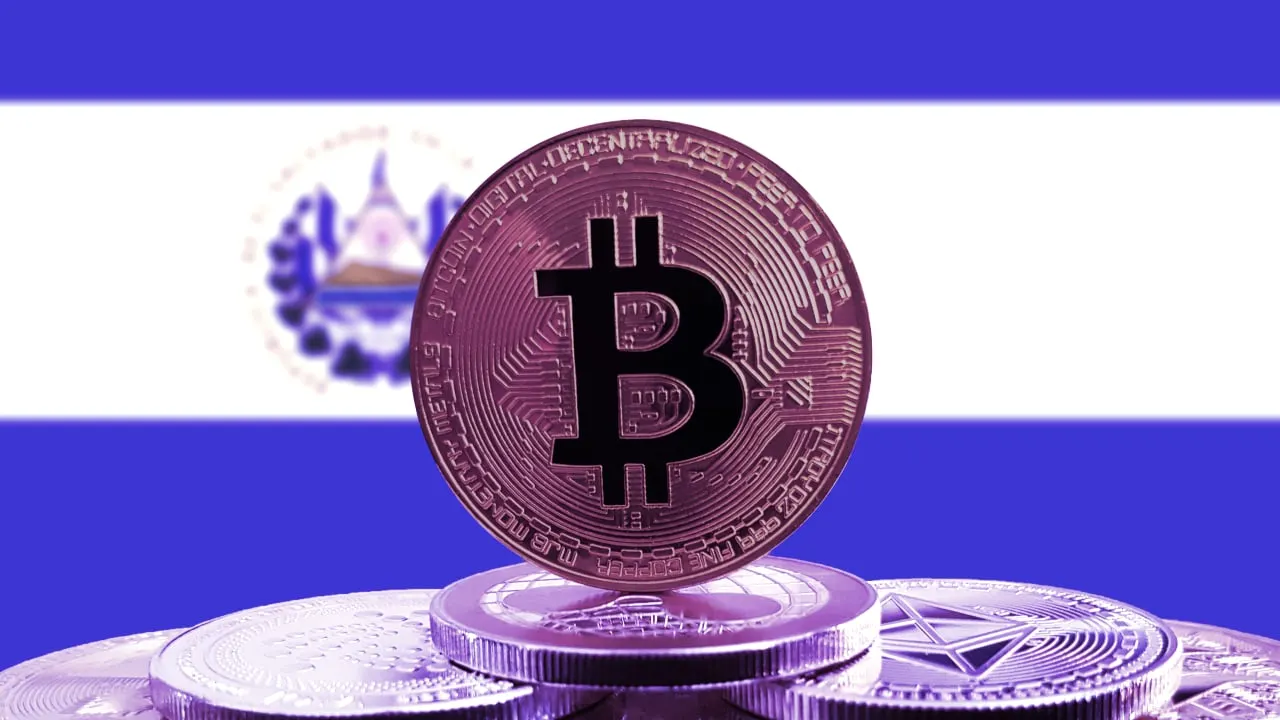In brief
- The deputy leader of El Salvador's opposition party has filed a lawsuit against the government's Bitcoin Law.
- The lawsuit is supported by a group of citizens that believe the law is unconstitutional.
Jamie Guevara, the deputy leader of the Farabundo Marti National Liberation Front (FMNL), has filed a lawsuit opposing El Salvador’s Bitcoin legislation, per El Mundo.
Guevara has joined forces with a group of Salvadoran citizens to argue El Salvador’s Bitcoin Law—announced and pushed by the country’s controversial president Nayib Bukele—is unconstitutional.
“I bring a lawsuit of unconstitutionality against the decree issued by the Bitcoin Law for being a decree lacking legality, lacking foundation, without considering the significance and harmful effects that such a law will cause to this country,” a citizen named Oscar Artero said.
Advocates of the Bitcoin Law, of course, disagree. Jack Mallers, CEO of payments app Strike, believes the Bitcoin Law will usher in a new age of financial inclusivity and human freedom.
“The Bitcoin Law is to loot people’s pockets, it is tax-exempt, they want to force us to trade,” Artero added.
According to El Mundo, Guevara and his colleagues are not the only ones opposed to Bukele’s Bitcoin Law. The Salvadoran outlet cites a survey by the Salvadoran Chamber of Commerce and Industry, which found that 80% of Salvadorans would not agree to receive payments in Bitcoin.
El Salvador’s legacy issues with corruption
Fears over the Bitcoin law being designed to “loot people’s pockets” come from a history of significant corruption in public and private Salvadoran life.
Per data shared by The Economist, El Salvador’s hybrid regime led the way among all Latin American states in the decline to authoritarianism in 2020.
What’s more, Transparency International’s Corruption Perceptions Index scored El Salvador’s handling of corruption as low as 36/100 last year. The United States’ labeling of five Bukele aides as corrupt adds credence to these numbers.

